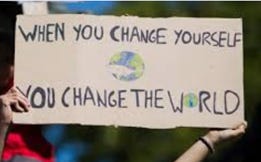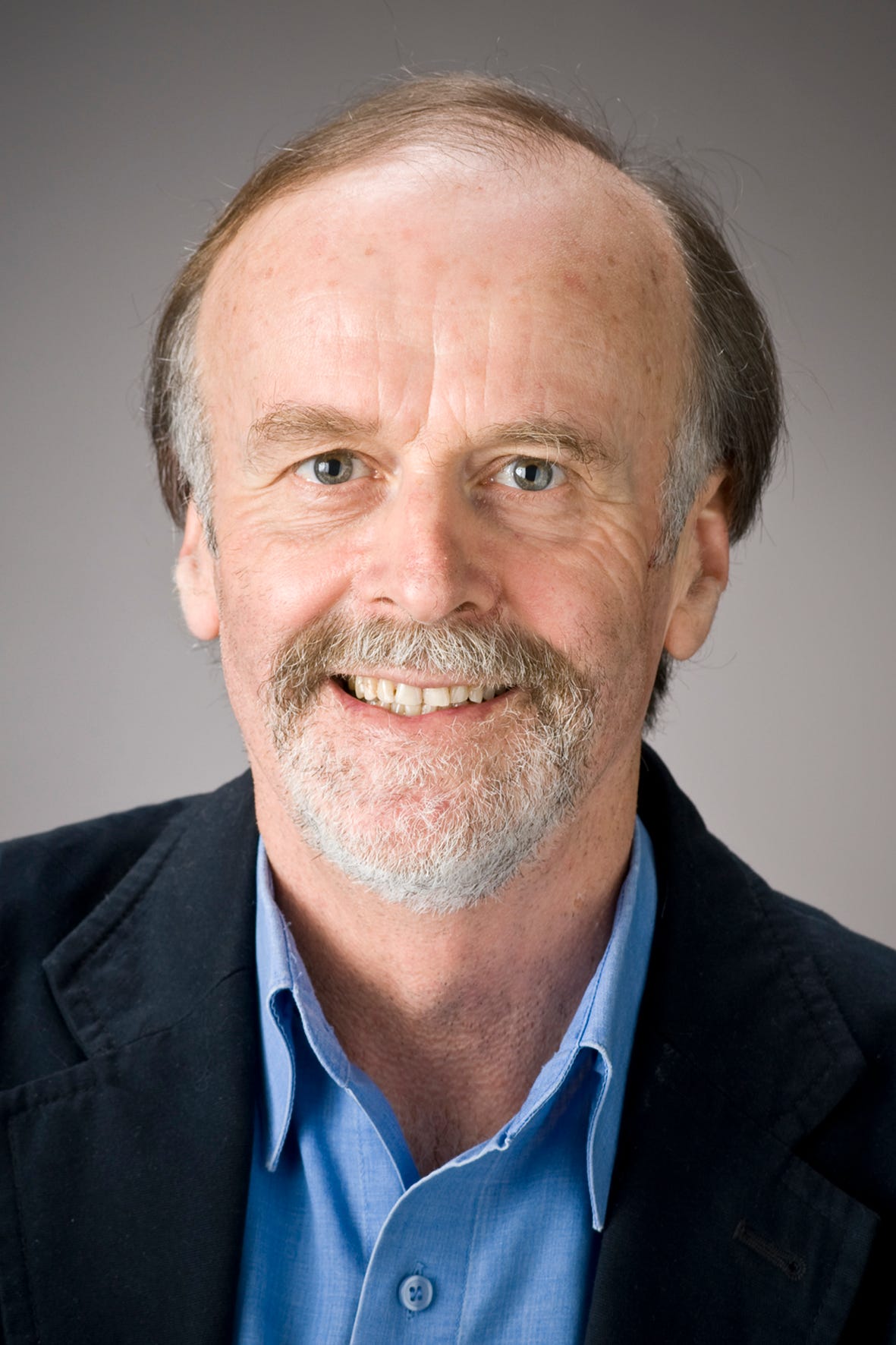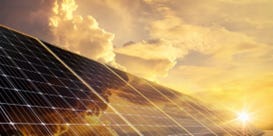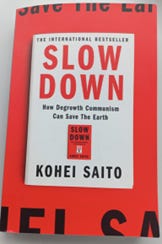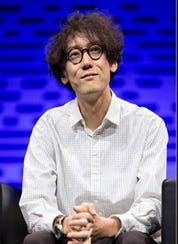Newsletter October 2025
Tēnā koutou katoa
In this Newsletter
November 6th Webinar
SUN DAY 22 March 2026
Book review: Slow Down: How Degrowth Communism Can Save the Earth
Substack reminder
1. Webinar 6 November
THE CLIMATE CRISIS
Why don’t people do more?
How can we make it happen?
John McClure
Emeritus Professor, Victoria University
His research focuses on risk, perception, fatalism and attributions (the way people explain events in their lives).
7pm Thursday 6 November
Zoom: https://us02web.zoom.us/j/81353227100?pwd=bqXcb6vRA7gQWOiUbgTdV587j9hJSI.1
Meeting ID: 813 5322 7100
Passcode: 821312
For more information, go to:
2. SUN DAY 22 March 2026 - Robin Treadwell
As the cacophony of alarms about further climate calamities increases in volume, news highlights the dangers of tipping points reached. The earth has reached its first catastrophic tipping point linked to greenhouse gas emissions, with warm water coral reefs now facing a long-term decline…
The report from scientists and conservationists warns the world is also “on the brink” of reaching other tipping points, including the dieback of the Amazon, the collapse of major ocean currents and the loss of ice sheets.
Levels of carbon dioxide in the atmosphere soared by a record amount in 2024 to hit another high, 424 ppm, UN data shows. Scientists are worried that the natural land and ocean “sinks” that remove CO2 from the air are weakening as a result of global heating, which could form a vicious circle and drive temperatures up even faster.
In a world first, Australian tropical rain forest trees have switched from carbon sinks to an emissions source.
Fortunately there is some good news. Bill McKibben writes in his latest book “Here Comes the Sun” that energy from the sun, and wind, is suddenly the cheapest power on the planet, and growing fast. If we can keep accelerating the pace we have a chance to save the reefs and the forests, biodiversity, civilisation and humanity. We all share the same backyard, we need to work together and there is a definite role for activists to oppose entrenched vested interests. We have all the technologies we need to move forward to a healthier and more just future for everyone. Let’s plan for our “Southern Hemisphere SUN DAY on 2026 Autumnal Equinox Sunday March 22nd to catapult us ‘into a new era beyond fossil fuels and the literal and political poison they bring’. ‘Let’s do this’!
3. Book Review - Pat Baskett
Slow Down: how degrowth communism can save the Earth by Kohei Saito, an associate professor at the University of Tokyo, was reportedly a “huge bestseller” on publication in Japan in 2020. Now we have the English translation of this accessible, well annotated and at times entertaining analysis of how capitalism has allowed us to destroy the earth.
On the way, we learn how, in his later years, Marx came to understand this crucial connection.
Marx and communism have been tainted by Stalin and Mao. But Saito makes quite clear: in the not too distant future we could find a communist way of living as the only means of surviving the barbarism into which societies will have been reduced in this forthcoming over-heated world.
You don’t like it? Tough, says Saito, “there is no alternative”. By the end of the book you’ll know he’s right. Degrowth capitalism, Tim Jackson’s decoupled economy, green Keynesianism, the Green New Deal, eco-socialism – none offer a solution to living on the planet without destroying it further.
As for the Sustainable Development Goals, these are, he says, “the most prominent symbol of capitalism’s last stand.”
Our current way of living in the global north, he describes as the “imperial” mode because it depends on the exploitation of primary resources and cheap labour from beyond our home shores. This is, he says “a terrible thing. We are all implicit in the Imperial Mode of Living.”
The only way out is to bring about a free, equal, just and sustainable society that overcomes class divisions of exploitation and domination and recognizes planetary boundaries.
There are gems, like a lovely section on “the commons”. In Saito’s version, the commons includes water, electricity, shelter, healthcare and education as public goods, or “social common capital”. If the crucial question arises – how? – we have to remember that he’s writing in the context of a globally overheated world in which familiar societal structures have collapsed and we are forced to rethink our values.
The last chapter is down to earth. It takes, he says with examples and footnotes, the actions of only 3.5% of a population for change to happen. Moreover, “The vast scale of system change is no excuse for doing nothing.”
Ok?
4. Check out our new Substack site!
We are still in the process of moving material from our old website to the Substack platform – thank you for your patience! The old site is still up but will be closed once the transfer has been completed.
Our newsletters will still arrive in your inbox as usual. However one new feature that Substack offers is that readers can leave reactions and comments on the webinar recording, articles etc. that we post up. And you can also share them with other Substack users thru the “restack” function. So we hope this will help to get discussion going! Look for the wee icons at the top left of our posts and hover over them.
We’d love your feedback on these changes – let us know what’s working and what could be improved - thanks!
5. Join us
We need friends with inspiration, a passion for the future and some time to devote to behind-the-scenes work. We meet for about an hour by ZOOM every three weeks, but in between, we plan, and share ideas and information by email.
Join us, as an observer at our 3-weekly meetings. Email us at info@ourclimatedeclaration.org.nz so we can send you the link.



